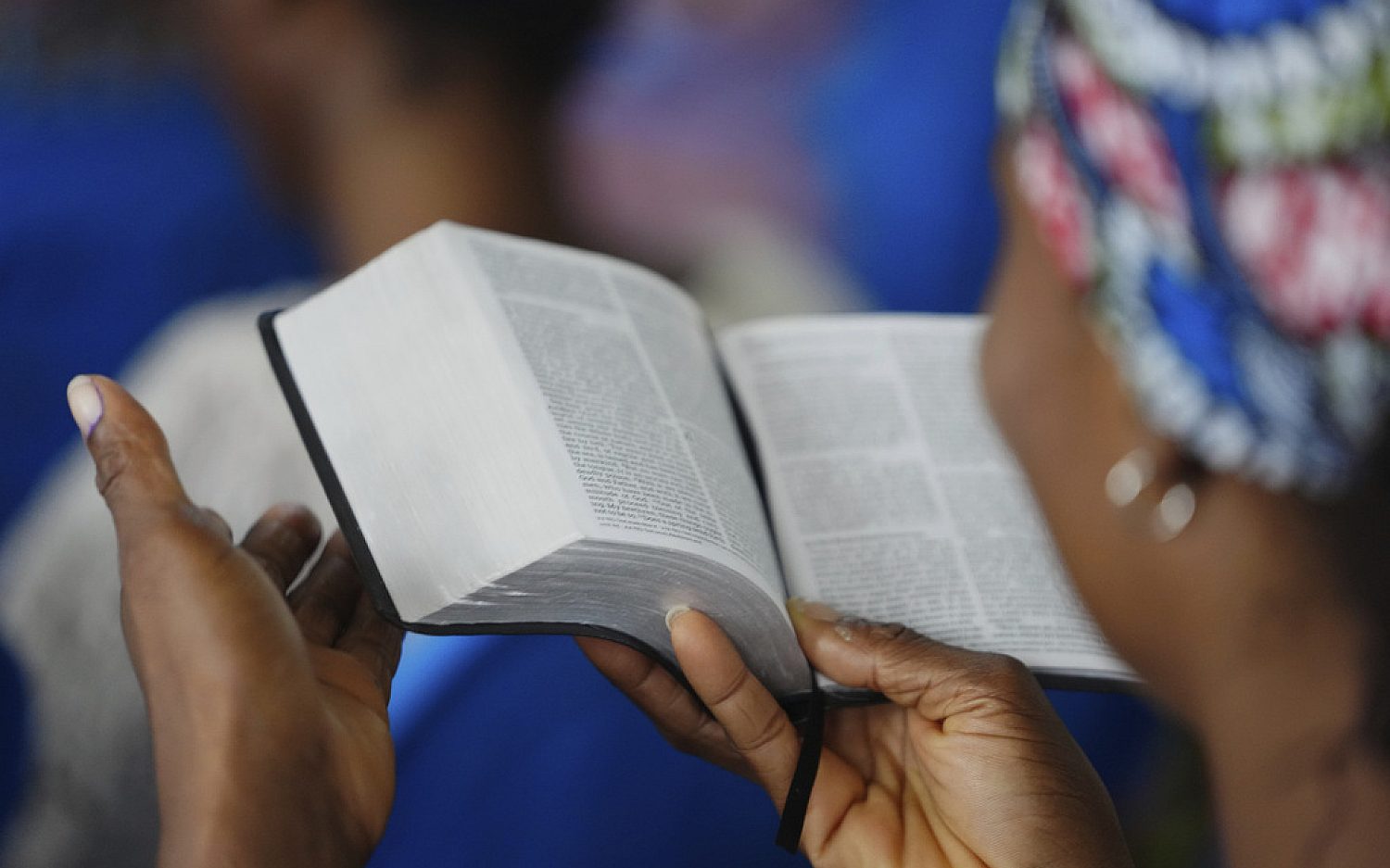Not here, not there
A new zoning ordinance restricting social service agencies continues the tension between the City of Fairfax and the Lamb Center homeless shelter
The worst thing about being homeless, said John MacPherson, Executive Director of the Lamb Center in Fairfax, "is not being cold, it's not being hungry, it's not being dirty. It's being ignored."
But attention isn't always all that helpful either. Fairfax City Council voted 5-1 on Jan. 11 to approve a new zoning ordinance that gives the city limited control over social services. The changes won't shut the Center down, but will likely prevent it from increasing services or moving to another part of the city, something it has been trying to do for several years to alleviate the tension between it and local authorities.
"While they (city of Fairfax) are not happy with us where we are, they would find it even harder to accept us in some other places," MacPherson said. "It was a blow to all of us."
The new ordinance is the latest skirmish in the long history of conflict between the City of Fairfax and the Lamb Center, a daytime homeless shelter that provides hot meals, showers, laundry and counseling for the "poor in spirit," many of whom are dealing with mental illness or addictions. The Center is supported by over 40 local churches.
But local residents and businesses have complained of drunkenness, loitering, and disorderly conduct involving Lamb Center clients. Emergency responders are often called to the facility. In 2006 Fairfax attempted to relocate the Center to nearby Merrifield, but citizens there blocked it with a petition. In 2007, the Fairfax zoning administrator cited the Lamb Center with two violations based on a zoning technicality. When the Lamb Center appealed the violations, the Fairfax City Board of Zoning Appeals ruled in favor of the charity. The city appealed that ruling and expects a decision early this year.
The new ordinance does not permit social service organizations to be located within 1,000 feet of a retail outlet that sells alcohol. It also restricts loitering outside the premises, influences hours of operations, and allows the city to request information on staff qualifications.
The Fairfax Planning Commission first considered the new ordinance last November. After two months of public discussion, the Commission found it vague, subjective, and potentially harmful to social services. Members unanimously recommended on Jan. 10 that City Council reject it.
But the next evening Council approved it anyway.
At that meeting Michelle Coleman, the Deputy Director/Zoning Administrator, noted that social services, such as the Lamb Center, are "grandfathered" into their current locations "provided they don't enlarge or in any way intensify their operation beyond the characteristics that were in operation at the time the ordinance was adopted."
"It's so open-ended we might have to file for a new special use permit if we hired a new staff member or wanted to expand or changed our hours," said MacPherson.
Frank McLeskey, Chairman of the Lamb Center Governing Board, estimated that filing for such permits could cost the Center $5,000 to $10,000.
At the City Council meeting, Mary Peterson, Vice Chairman of the Board of the Lamb Center told the Council that the shelter was an asset to the community. "It isn't just our guests who are blessed, it's also those of us who have the opportunity to use the Lamb Center as a vehicle to carry out our Lord's mandate to serve the poor. When I stop in at the Lamb Center, and see the guests and our wonderful staff and volunteers, I always leave with a sense of blessing."
While recognizing the benefits, Councilman Steve Stombres noted that the organization causes "adverse effects" for the city: "We do need to recognize that facilities that deliver social services can and do have a larger impact on our community than those individuals who they intend to serve."
Meanwhile, Lamb Center clients worry that if it shuts down they'll have nowhere to go. The shelter has many supporters, said MacPherson, but some people just don't want it nearby. "You probably pass that guy on the street, maybe as you go across the bridge in the city and he's got the sign there 'Homeless: Please Help' or 'God Bless.' And you know that guy doesn't look too good, and, if you got close to him, he wouldn't smell good. So you kind of ignore him. It's not just me that does that or you, it's everybody. A homeless person becomes a non-person."
As a result, he said, people want us to "'just build it over there,' where 'over there' is someplace not near me."
The Associated Press contributed to this report.
An actual newsletter worth subscribing to instead of just a collection of links. —Adam
Sign up to receive The Sift email newsletter each weekday morning for the latest headlines from WORLD’s breaking news team.




Please wait while we load the latest comments...
Comments
Please register, subscribe, or log in to comment on this article.